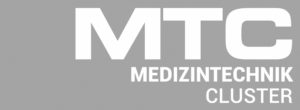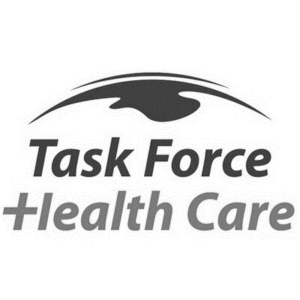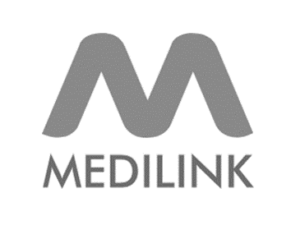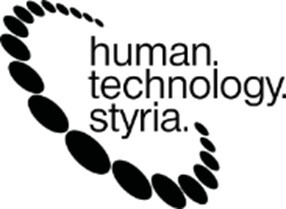To date, the options to operationalize that data to inform care and experiences have been somewhat limited. Conversational, non-clinical data can be unstructured, and combing through that data to surface the most relevant insights can be a challenge for frontline providers who are already pressed for time.
But as we move towards a model of care that places patients at the centre of their care journey, artificial intelligence (AI) presents an unprecedented opportunity to revolutionize healthcare delivery across the patient journey, but especially at the point of care.
By ingesting unstructured conversational data, AI can surface the exact insights needed to improve care, at the exact moments those insights can best be put to bear.
Imagine a healthcare environment where care teams are empowered with real-time insights, allowing them to make swift, accurate decisions tailored to each patient. That’s the new reality, hospital leaders only need to stand up the capabilities.
By doing so, they can enhance the patient experience and elevate the quality of care provided, ensuring that every patient interaction is as personalized and efficient as possible.
The evolution of patient-cantered communications
Historically, patient engagement was built only on direct, often time-consuming interactions that, while personal, were not always efficient. The advent of digital technologies marked a significant shift, introducing electronic health records (EHRs), patient portals, and telehealth services.
These solutions were applied at scale in a ‘one size fits all model’ and while they work for many, they don’t work for everyone. Meanwhile, they also created overwhelming amounts of data, spurring entirely new challenges.
With AI, we can analyse data from previous rounds:
- identify key insights, and present them to care teams in an easily digestible format, at the moment they’re most needed.
- This not only saves time but also ensures that each patient receives care tailored to their unique needs and history.
- The result is a more efficient, effective, patient-cantered, and care-team-connected approach to care.
Surfacing insights at the point of care
In the traditional model of patient care, valuable conversational data often remains buried within electronic health records, accessible but overlooked amidst the daily hustle of clinical duties. And even when insights are surfaced, it’s clinical insights which sensibly get the most airtime. Still, there’s immense value providers can realize from conversational insights gleaned from previous patient rounds, focusing on patient experience, preferences, and other factors that directly impact satisfaction.
By leveraging generative AI to surface those insights right at the bedside, providers can access meaningful context, streamline workflows, cut down on time spent hunting and gathering for information, and critically, leverage technology that will continually learn and adapt over time. That type if instant access to conversational data enables:
Real-time access to patient histories and preferences and AI-powered systems can instantly compile and present relevant patient information to healthcare providers as they enter an examination room or approach a hospital bed, medical history, but also communication preferences, previous concerns, and subtle cues from past interactions.
AI-driven analyses of past interactions and outcomes by analysing patterns from previous patient interactions across the healthcare system, AI can offer valuable context for each encounter.
Beyond individual interactions: Identifying trends for operational excellence
While the impact of AI on individual patient interactions is significant, its potential to drive broader operational improvements is perhaps even more compelling. By aggregating and analysing data from countless patient communications, AI can uncover valuable insights that inform strategic decision-making and resource allocation, that comes through:
For aggregating and analysing patient communication data the AI systems can process vast amounts of data from various communication and engagement channels, allowing for a more comprehensive understanding of patient needs and experiences across the entire care journey.
For uncovering patterns and trends in patient experience the AI can identify recurring themes, common concerns, and emerging trends surfaced through patient communications.
To inform strategic decisions and resource allocation the trends and patterns uncovered can directly inform strategic decision-making at both the departmental and organizational levels.
The future of insights-enabled healthcare
The integration of AI into patient-cantered communications by surfacing conversational, behavioural, and environmental insights at the point of care (and enabling data-driven operational decisions) AI has the power to transform individual patient experiences and drive systemic improvements in care quality and efficiency.
AI’s implementation needs to be undertaken responsibly and Hospitals must earn the right to use these technologies through careful rigor and review, provide transparency for how these systems work, and ensure they communicate how carefully our customers’ and their patients’ data is cared for.
When those requirements are satisfied, the potential benefits of AI-enhanced communications are immense, from:
- more personalized and effective patient interactions
- proactive, population-level health interventions
- commitment to innovation
- willingness to reimagine established processes
- thoughtful approach to implementation that prioritizes both technological advancement and human-centered care.
Here you could find the full Article by MedCityNews:












